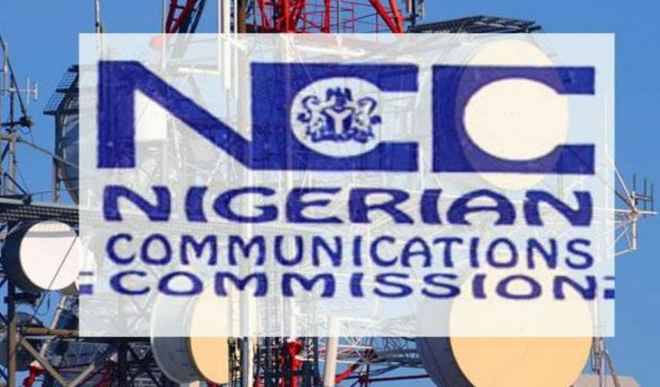NCC licenses 7 new ISPs in 3 months
The Nigerian Communications Commission [NCC] has licensed seven new Internet Service Providers (ISPs) to bolster the declining ISP fi gure in the country. These firms were licensed by NCC between January and March this year, bringing the number of ISPs in the country to 99. The ISPs play critical roles in providing last mile connectivity […]

The Nigerian Communications Commission [NCC] has licensed seven new Internet Service Providers (ISPs) to bolster the declining ISP fi gure in the country. These firms were licensed by NCC between January and March this year, bringing the number of ISPs in the country to 99. The ISPs play critical roles in providing last mile connectivity to people across cities, rural communities, and underserved communities and are key to achieving the country’s target of deepening broadband penetration. However, there had been downward slide in the number of active ISPs present in the market and the scope of services they offer, a situation that has raised concerns among industry stakeholders and the regulator. According to NCC, between 1996 and 2001, over 170 ISPs were licensed to provide Internet services to Nigerians, but from 2002 to date, the number of ISPs issued licences has dropped drastically and the number of licence renewal also fell heavily. However, the licensing of seven new companies in just three months showed a renewed interest in the ISP business.
The newly licensed ISPs include Bava Network and Technologies Limited; Netzplan Resources Limited; Sentient Networks Limited; Standard Communications Limited; Service Aggregation & Distribution Limited; Passage Telecommunications Nig Ltd; and IP Express Ltd. However, with the low rate of license renewal in the segment, 14 ISPs may exit the stage this year aft er the expiry of their license. Already, two of the service providers whose licenses expired in last February did not renew and have been removed from NCC’s list of ISPs. According to records obtained from the Commission’s database, the licences of EMC Networks Nigeria Limited, Internet Solutions Nigeria Limited and Trinitas Apo Limited’s licences expire by April 30.
Those of Ambion Wireless Limited and Atlantic Geodynamics Nigeria Limited expire by May 31. Others include VPS Technologies Ltd; Samira Communication Systems Limited; Suburban Broadband Ltd; and Sea-Net Technologies Nigeria Ltd, whose rights to operate expire June 30. Telcoworks Communications Ltd and Chinto Technologies Limited’s licences expire October 31, while those of E-Sense Technology Solutions Limited; Kropmann Communications Limited; and Excelsimo Networks Limited expire by November 30 this year.
Speaking at a recent forum on challenges facing ISPs in Nigeria, Director, Licensing and Authorisation at NCC, Ms. FunlolaAkiode, had lamented that many of the ISPs whose licenses expired were not renewing and even application for new licenses were not forthcoming, thus leading to steep decline in the number of companies providing Internet services. “NCC has witnessed a tremendous decline in the number of applications for the ISP licence.
The renewal rate of the licence category also dropped drastically. In the past five years, the Commission has licensed a total number of 103 ISPs nationwide, but only about 10 per cent have applied for renewal of the licence” she said. The ISPs over the years have come under serious pressures from the Mobile Network Operators (MNOs) who are regarded as the big players but are also playing in the ISP space as their Universal Access Service Licence (UASL) also permits them to do so. Th e intense competition coupled with other operational challenges such as increasing capital and operational expenditure have been cited as the bane of the ISPs in the country
